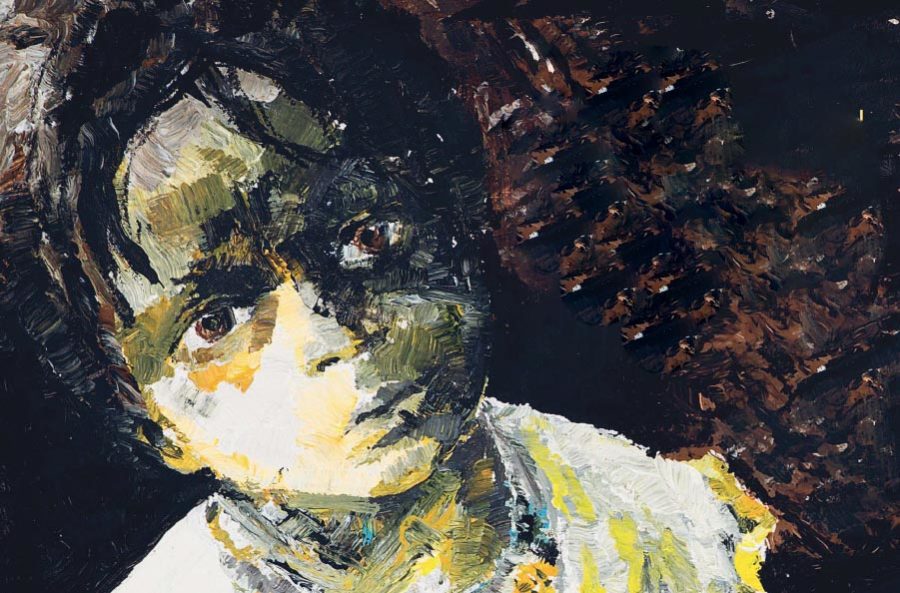A person is transported illegally away from their community to somewhere unfamiliar or foreign. Once there, they are forced to work without any form of contract or proper remuneration.
This is modern slavery. It is happening throughout the world, including in Europe, on a large scale.
According to the Vienna-based UN Office on Drugs and Crime (UNODC), 71% of the victims are women; 63% of the traffickers are men.
The British Prime Minister, Theresa May, has long called for a crack-down on this appalling modern-day crime. As Home Secretary, she passed the ground-breaking Modern Slavery Act in the United Kingdom. This introduced tough new sentences and restrictions for perpetrators and increased protection for victims.
At an international level, the United Nations Convention against Transnational Organised Crime (UNTOC), which is hosted by the UNODC, has an important role to play in tackling modern slavery.
Modern slavery display at @UNODC in Vienna. The UK supports strong UNODC action against slavery pic.twitter.com/eNkpoqyV2C
— Leigh Turner (@LeighTurnerFCO) September 29, 2016
The UNTOC is designed to promote international cooperation to enable countries to work together to fight transnational organised crime. It obliges all participating countries to update their legislation to comply with the provisions of the Convention. That includes work in two pernicious forms of international crime closely related to modern slavery: trafficking in persons and smuggling of migrants.
I recently attended the 8th Conference of Parties to UNTOC as UK Head of Delegation. In addition to the main business of the Conference, which included practical steps to combat trafficking in firearms, I also chaired a panel event. The panel, organised with the International Association of Prosecutors, explored how to secure justice and end impunity for those guilty of people trafficking.
At the event I heard experts describe experience in Asia and the Baltic region on fighting people-trafficking – a key element of modern slavery. It was encouraging that changes to judicial systems were making it easier to tackle the criminals. Although much has been done in many countries including the United Kingdom, there is still a lot more to be done. A key immediate step the international community can take is to ensure that we have the right legislation in place. The UNODC noted in their 2016 Global Report on Trafficking in Persons that the longer a country has specific legislation in place to tackle human trafficking, the more convictions are successfully achieved. There are still five countries with no specific legislation to counter human trafficking, and 16 with only partial legislation.
I look forward to working more with UNODC and partners in Vienna to help defeat modern slavery, not only in the UK but across Europe and the world.

